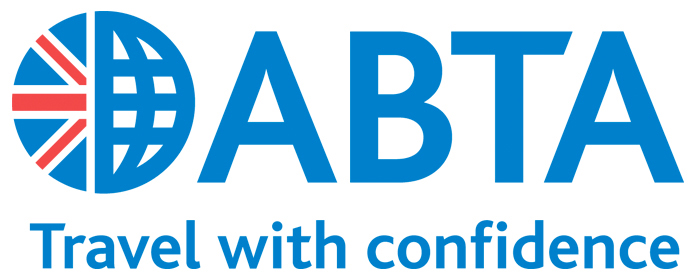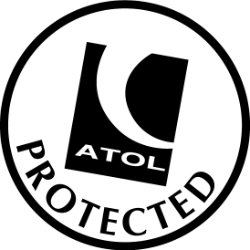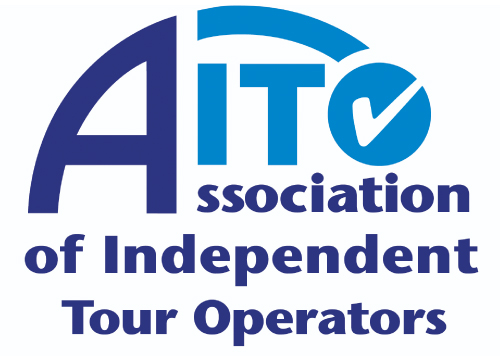Public transport
The larger cities such as Amman and Irbid have a cheap bus service, with routes within the city and the country. These buses do not operate on a regular timetable, and only leave a stop when the bus is full. This can be problematic if you’re looking to get somewhere quickly, as wait times of over an hour are sometimes possible. For a faster way to get where you’re going, and with the added bonus of driving there directly with no stop-offs for passengers, we recommend using the national bus company JETT (Jordan Express Tourist Transport) which operates on a fixed schedule. They run buses from Amman to Aqaba, as well as to King Hussein Bridge (7am daily) and Petra (6:30 am daily). There is also Trust International Transport which operates Amman – Aqaba and Irbid – Aqaba, and the company Hijazi operates Amman – Irbid.
Shared taxis are also quite a common way of getting around within the city. These large white cars sit seven or eight people and run on a set route with no stop offs, offering locals and tourists alike a quicker way to hop from place to place. It’s important to respect customs in Jordan at all times, so please remember that it’s improper to take a seat next to a Jordanian of the opposite sex when using public transport.
Taxis
There are a lot of taxis in Jordan and most are fairly reasonable in price. An average 20-minute journey should cost no more than 5 USD, and it’s even possible to charter them for the day. Just be sure to negotiate a price you’re happy with before you set off.
If for any reason a taxi driver refuses to turn on his meter when you step into his cab, simply get out – you may be faced with an exorbitant cab fare when you get to your destination.
Also note that it is not customary for women to sit in the front seat when travelling alone.
Private vehicle hire
The Ministry of Tourism and Antiquities offer private vehicle hire with guides who are extensively knowledgable about Jordan, and make for an ideal way to learn the most about this fascinating country as you travel through it at your leisure. The licensed guides all wear a badge from the ministry with their name and photo.
Some yellow taxis will also offer their services for the day at a rate of about 10JD per hour. Although they aren’t certified guides, they often have a thorough knowledge of the area and provide a quick, efficient way of getting out of the city for a day trip.
Car hire
If you’re planning on renting a car in Jordan you’ll be pleased to hear that driving is relatively safe here once you get outside of the capital. You can rent a car with a standard driving licence, but it does pay to have an International Driving Permit in case you have an accident. You should also check with the rental agency if there are any age restrictions on renting a car, as each company tends to have its own policy.
The roads are fairly well maintained so you shouldn’t have too many problems, so long as you stick to the right and always obey the police. You will still have to watch out for the occasional pothole or unmarked speed bump, though. This is especially true at night, as most roads aren’t particularly well lit.
There are also a number of checkpoints along the roads of Jordan, so keep your passport, licence, registration papers and other documents handy at all times (though as a foreigner you’ll probably be waved through with no hassle at all).
All in all, renting a car really is a great way to get around, with plenty of informative directional signs to point out all the major attractions and help you see everything the country has to offer in your own time.
Domestic flights
You can also fly between Amman and Aqaba with Royal Jordanian. Flights are twice daily and take about 50 minutes for approximately 55 JD per person each way.





